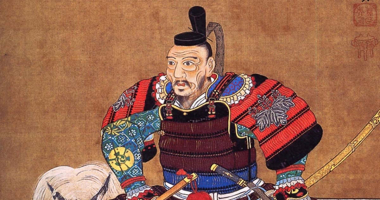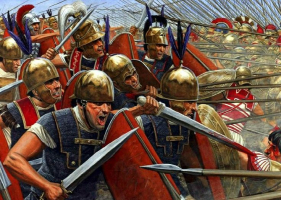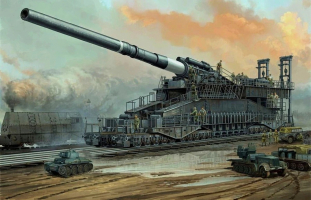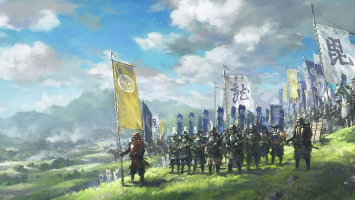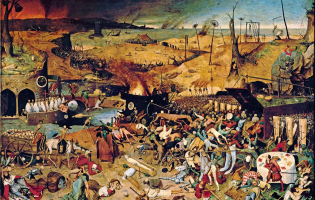Top 10 Times in History Where Society Regressed
Despotisms have been replaced by sophisticated republics, democracies, collectives, and so forth. But it's not really that easy. Through the course of ... read more...history, foes from without or internal subversives have frequently brought down societies. Even if the consequences of these regressions aren't immediately apparent, they certainly have an impact on the remainder of the human species. Therefore, it would be ideal for us to learn more about historical periods in which societies reversed technological, cultural, or organizational advancement.
-
The evils of the Soviet Union have been described in previous Toplist.info pieces, but its fall was also a terrible catastrophe for millions of people. After a last-ditch attempt to overthrow Boris Yeltsin and install Mikhail Gorbachev as president in August 1991, the Soviet communists' political system was finally declared inoperative in December 1991.
Many lives were destroyed as a result of 15 primarily destitute nations arising. By 1994, the average life expectancy for men in Russia had decreased by six years and for women by three years due to a lack of access to healthcare and a shift to less nutrient-dense homegrown diets.
Infrastructure quality deteriorated, and many individuals lost their access to public housing and feeling of community due to privatization. Therefore, it is not unexpected that 66% of Russians expressed nostalgia for the Soviet system in a 2018 survey. As a result of his post-apocalyptic ghost novel Return of the Living, Dustin Koski is preparing for the next significant setback in his journey.
- Time: 16 November 1988 – 26 December 1991

https://rarehistoricalphotos.com/ 
https://www.vintag.es -
The post-World War I era to Hitler's election as chancellor in 1933 are sometimes forgotten since the development of the Third Reich looms so large in German history. The national assembly met in Weimar after Kaiser Wilhelm II abdicated to design a new constitution, which was enacted in February 1919. In the same year that Germany ratified women's suffrage, cultural views such as tolerance for LGBT people started to spread. There is now a welfare system in place.
The Weimar Republic had the unfortunate fate to inherit an economy that was seriously endangered, and by 1923 hyperinflation was posing a survival threat to the new government. The day was only temporarily rescued by the introduction of the new Rentenmark currency, which was backed by America. However, it did maintain a strong welfare state for purportedly pure-blooded Aryans. When the American economy collapsed in 1929, it also destroyed the Republican economy with it, permitting the Nazi rise through parliament and the loss of most of those civil rights.
- Time: November 1918
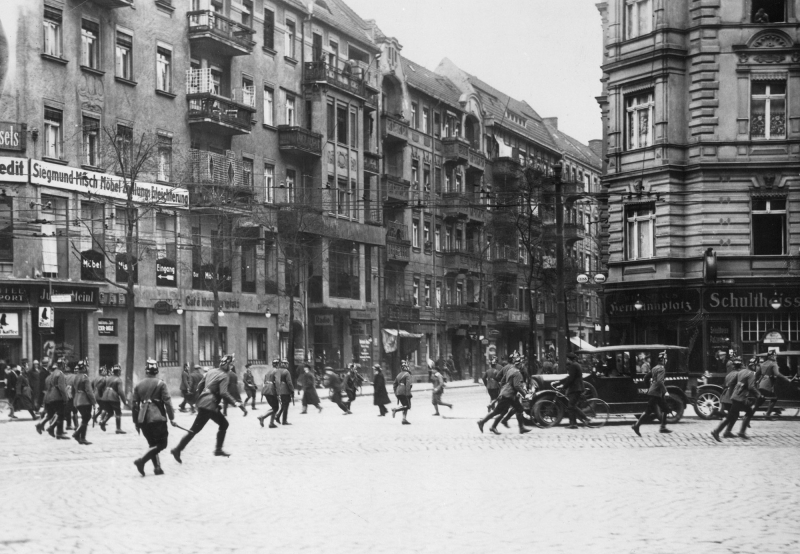
https://www.deutschland.de/ 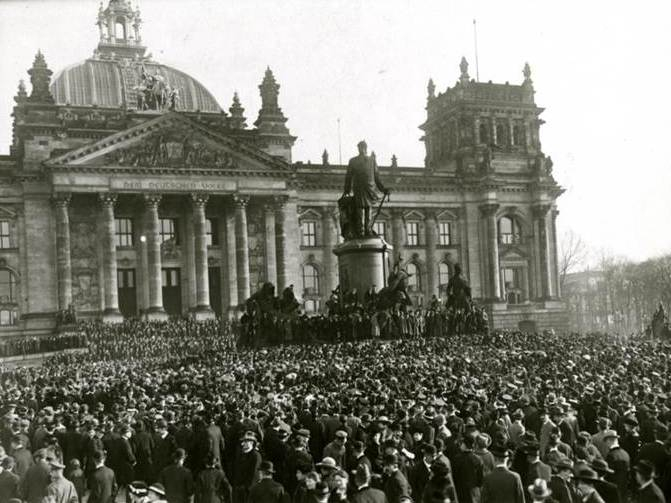
https://www.tes.com -
The terrible impact that manufactured consent had on the home front is frequently overshadowed by America's involvement in helping the Allies win the war to end all wars. Despite President Woodrow Wilson's lobbying to keep the US out of the conflict, within a month the US government was incarcerating First Amendment-clear pro-war protestors under the Espionage Act.
The arrests appear to have targeted strike planners in a dubious manner. The Industrial Workers of the World organization was a special target, with as many as 100 of its members imprisoned in the Chicago area alone in September 1917. Senator Eugene V. The most well-known of these arrests was Senator Eugene V. Debs, who dared to speak in front of an audience in Canton, Ohio, on June 18, 1918, opposing US engagement in the war.
A surge of anti-German resentment also swept the nation. It's common knowledge that sauerkraut earned the nickname "liberty cabbage," but it also manifested in much more violent ways, such the murder of immigrants like Robert Prager in Collinsville, Illinois. Because of this, many Germans consciously downplayed their background, even going so far as to change their own and their communities' names. This withdrawal of recognition of German ancestry served to minimize the disproportionate contribution German abolitionists made to maintaining the Union during the Civil War and created a void that was filled by more pro-Confederate propaganda, which helped to gloss over the conflict and its aftermath.- Time: 1917
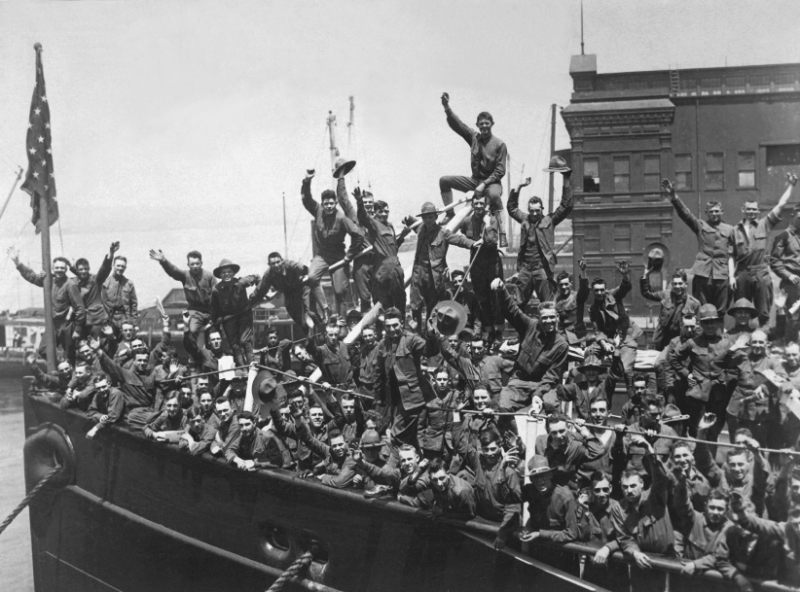
https://www.macleans.ca/ 
https://www.stratfor.com -
In previous Toplist rankings, Afghanistan was noted as possibly the most advanced country in the Middle East in the 1950s. In 2017, General James Mattis exploited this history to try to persuade President Trump to extend American presence in the hope of restoring Afghanistan to that level.
That is ironic because it turns out that American Cold War efforts were a major contributing factor in Afghanistan's transformation into a Muslim theocracy. According to common belief, the US started aiding the Mujahideen in an effort to drive out the Soviet invasion. The truth is that America was sponsoring religious radicals like Gulbuddin Hekmatyar, who was launching acid attacks against Afghan women, even before a single Soviet boot set foot in Afghanistan.
By 1994, the Taliban had allied with US-backed Mujahideen militants after defeating the Soviet military and helping to bring about the collapse of the Soviet Union. They had taken control of Kabul by 1996. If the Bush and Obama administrations are to be believed, this resulted in the destruction of numerous civil liberties, notably for women, in the years that followed. These rights were ultimately not restored following the US's 20-year occupation from 2002 to 2021.- Time: Mid-1990s - 2001

https://news.vice.com/ 
https://news.yahoo.com// -
Speaking of tyrannical kings in the 19th century, Prince Klemens von Metternich is renowned for both his efforts to establish peace in Europe after the Napoleonic Wars and his repressive nature. When he was appointed foreign minister in 1809, he focused on halting the Ottoman and Russian Empires' expansion as well as the establishment of democratic institutions, including quelling populist uprisings.
Such upheavals ultimately forced him from office in 1848. According to works like Alexander Gerschenkron's Bread and Democracy in Germany, Metternich had confessed that he would delay the spread of democracy for as long as he could, even though it was inevitable that it would happen in the wake of such monumental events as the French Revolution.
Metternich continued to receive harsh criticism in Germany and Austria well into the 1950s. In movies from the time, he and his secret police were shown breaking into peasant parties and seeking to get the waltzes banned in favor of more traditional polka dances. As Metternich would have acknowledged, many individuals do not view peace as a valuable alternative to freedom.
- Time: 1773 to 1859
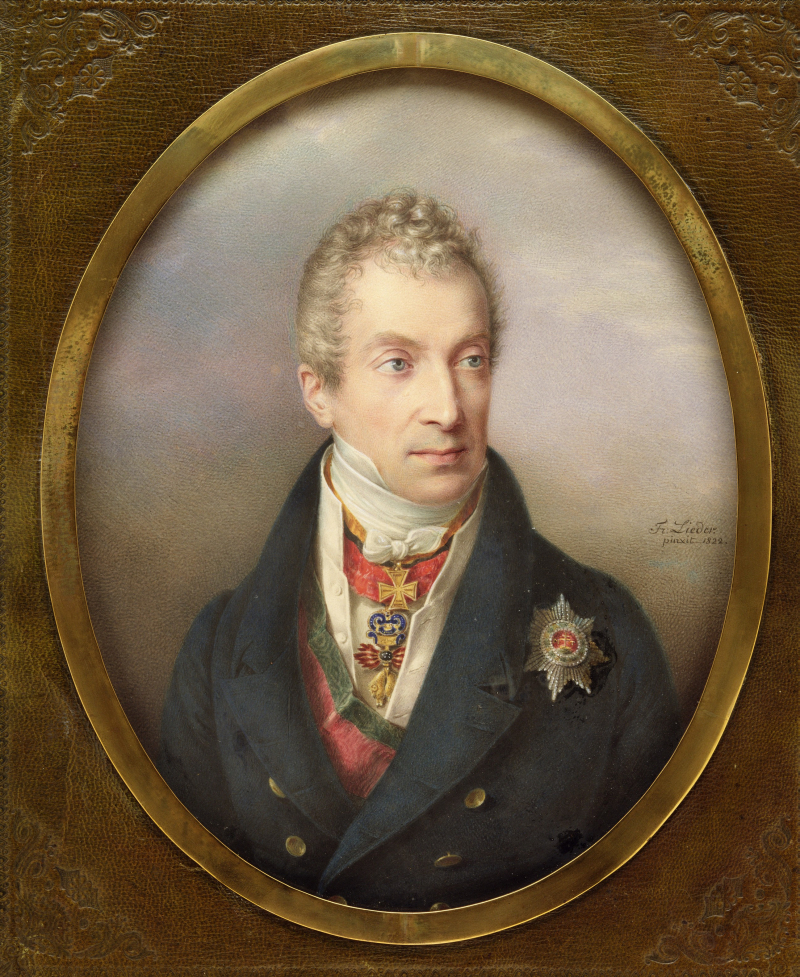
http://quotesgram.com/ 
https://biotopeaquariumproject.com/ -
Few kings had reigns as difficult as this Spanish monarch. The "Tumult of Aranjuez," the abdication of his predecessor Charles IV, in 1808, gave him the right to ascend to the Spanish crown. That same year, Napoleon had him imprisoned while the dictator of France pretended to be the leader of the French Revolution and transferred monarchical power to the people while invading Spain. In 1814, as the French forces left Spain, Napoleon freed him.
The Constitution of Cádiz, which among other liberal reforms curtailed the monarchy's power, was adopted by liberal independent forces in Spain in 1812 while the king was imprisoned. Ferdinand VII was not about to ratify a constitution that curtailed his recently recovered power and resulted in the imprisonment or exile of the liberals who had drafted it. He increasingly resorted to conservative elements, including his brother Don Carlos, in an effort to consolidate his position.
A key victory for the forces of progress came in 1820 when Colonel Rafael Riego joined the constitutionalists, sparking a civil war that Ferdinand ended the following year by ratifying the constitution. When royalist forces rebelled in 1822 and demanded that Ferdinand be released from the constitution he had signed, Spain descended once more into civil war. A royal French army invaded in support of the royalists, and Ferdinand once more exiled or imprisoned many of them.In 1823, the liberals declared the constitution void. Or at least he did until 1830, when he declared Princess Isabella to be his heir apparent due to his lack of a male heir. When Don Carlos refused, a new civil war broke out, forcing Ferdinand to once again work with the liberals he had spent years suppressing. Until his passing in 1833, his sympathies would still be with them. His numerous attempts to reverse development in Spain continue to draw harsh criticism from liberal historians.
- Time: 1808, 1813 - 1833
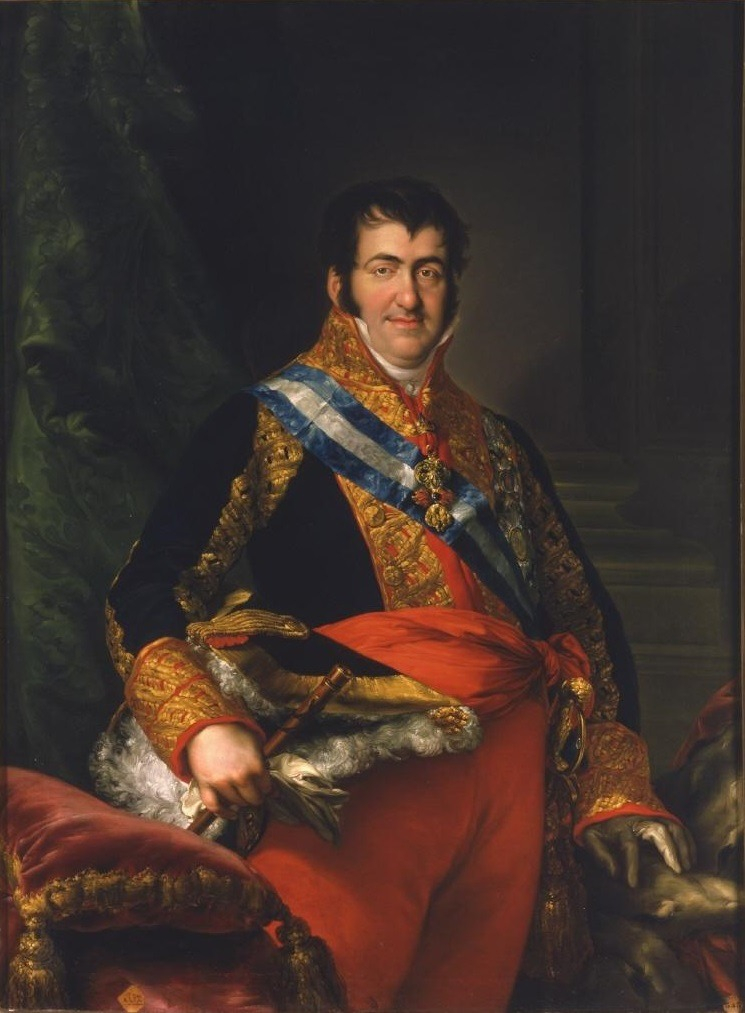
http://neoprusiano.tumblr.com/ 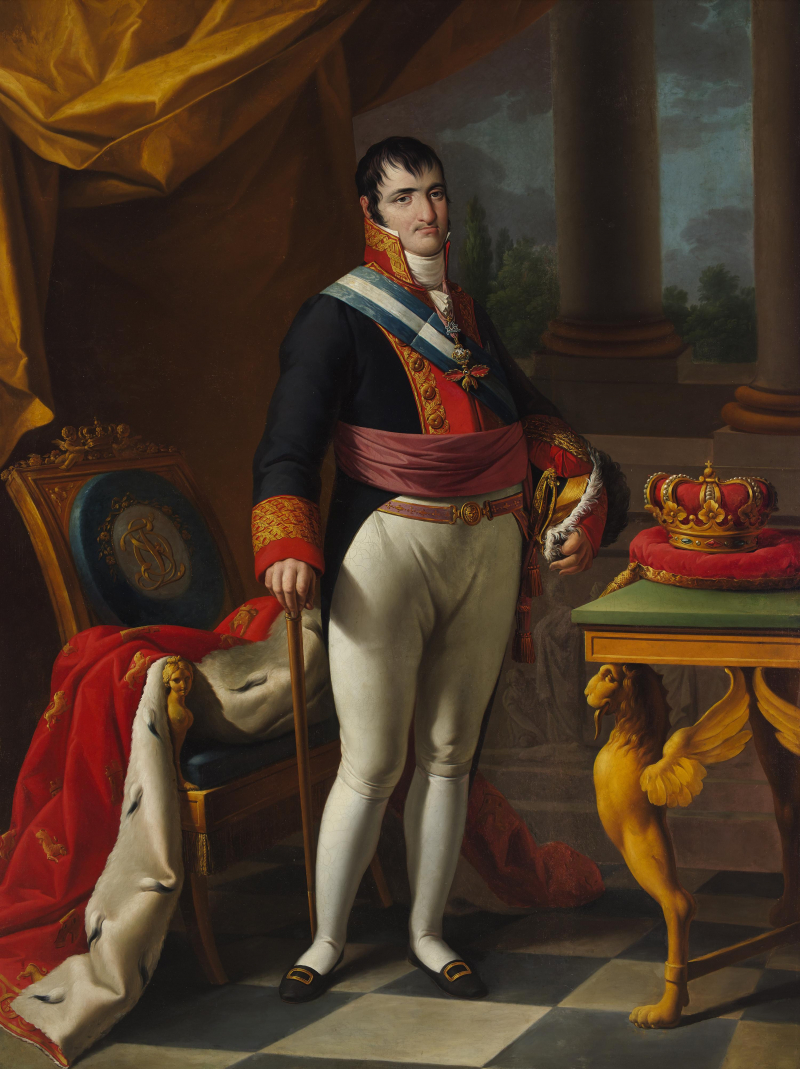
https://coleccion.bde.es/ -
The Thirty Years War began in 1618 when Holy Roman Emperor Ferdinand II attempted to reimpose Catholic authority over Austria and Bohemia. It was one of the most catastrophic wars in the history of Europe. After five years, he was more or less successful, but the conflict left Germany open to invasion by King Christian IV of Sweden. This continued until the Treaty of Westphalia in 1648. Since the conflict had turned most of Europe against the idea of a centralized religious authority in favor of secular nation-states, the Holy Roman Empire suffered a terrible defeat. Germany was negatively impacted even more.
In addition to the numerous war-related, plague-related, and famine-related deaths that would cause up to 40% of the populations of regions in what would become Germany to perish due to destruction and raids by unpaid mercenary armies, many Middle European governments frequently lost their ability to function. There are now 300 principalities in Germany.
Because each had its own expensive administration, the cost of government services increased much more quickly than the depleted economies could bear. A shipment along the Rhine could pass through as many as 27 principalities, making customs stops necessary even for the smallest orders. This made shipping products a headache. It's not surprising that Germany remained Balkanized for centuries given the poor and severely restricted trading conditions.
- Time: 1618 to 1648
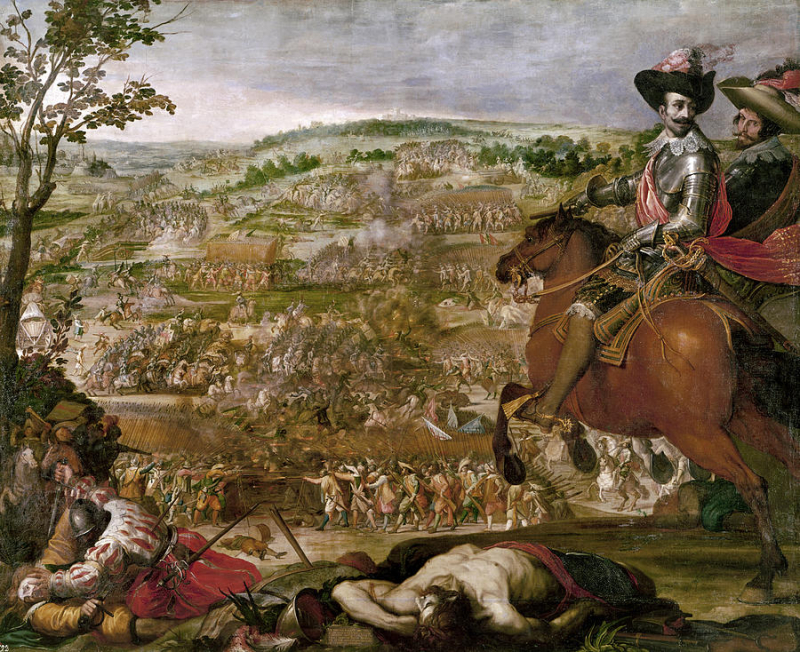
https://fineartamerica.com 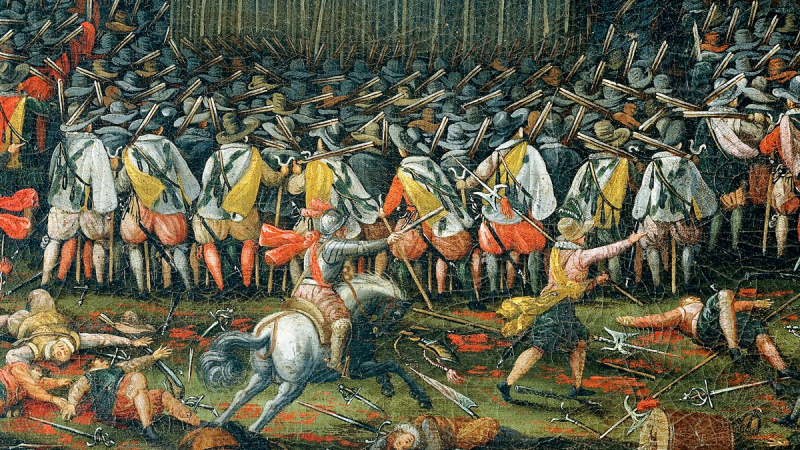
https://www.bbc.co.uk -
In high school history lessons, the period of American history from the conclusion of the Civil War in 1865 to roughly the Spanish-American War of 1898 is prone to being glossed over. As a result, certain details are omitted, such as the time that America experienced its first downturn, which was partly brought on by the massive railroad financier Jay Cooke & Co. declaring bankruptcy in 1873. They destroyed 18,000 businesses nationally, and by 1876, unemployment had reached a height of 14%. That would have an economic impact that would persist until 1877 and would really have a longer-lasting effect on Europe, with France in particular experiencing a recession that would extend until 1879.
This took place when US labor unionization was on the rise. Chinese immigration were specifically condemned in the state of California for enabling the money pit railways and driving down wages, which led to widespread atrocities like the attack on San Francisco's Chinatown. The effects of the depression's anti-Chinese sentiment would outlast it, resulting in the passage of the Chinese Exclusion Act in 1882.
The situation for union workers was not much better because federal troops were sent to break up or even shoot at strikes, which led to the deaths of over 100 workers. The transfer of Federal funds to the former Confederate states allowed the Ku Klux Klan to continue its terror activities against Black people with full vigor, arguably costing America its reconstruction. In short, nothing threatens advancement more than a financial crisis.
- Time: 1873 – 1879
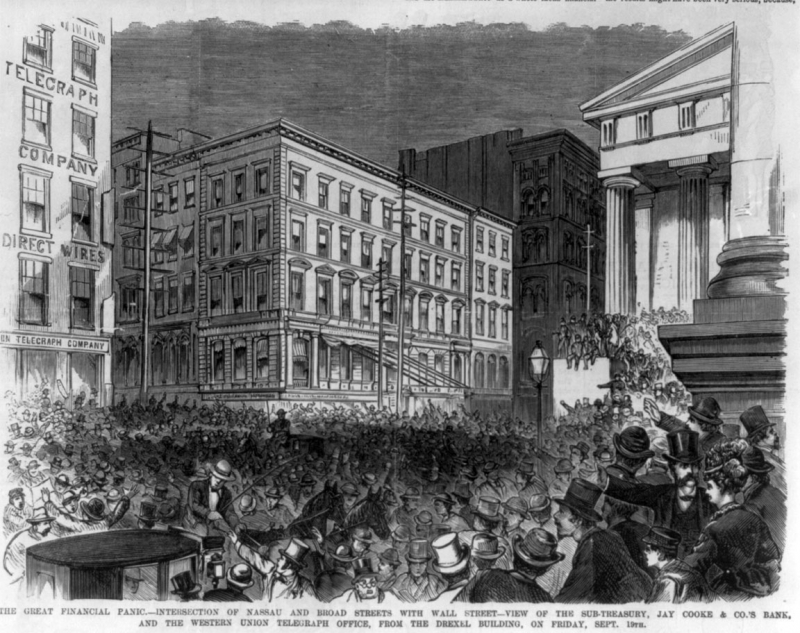
http://www.historycentral.com/ 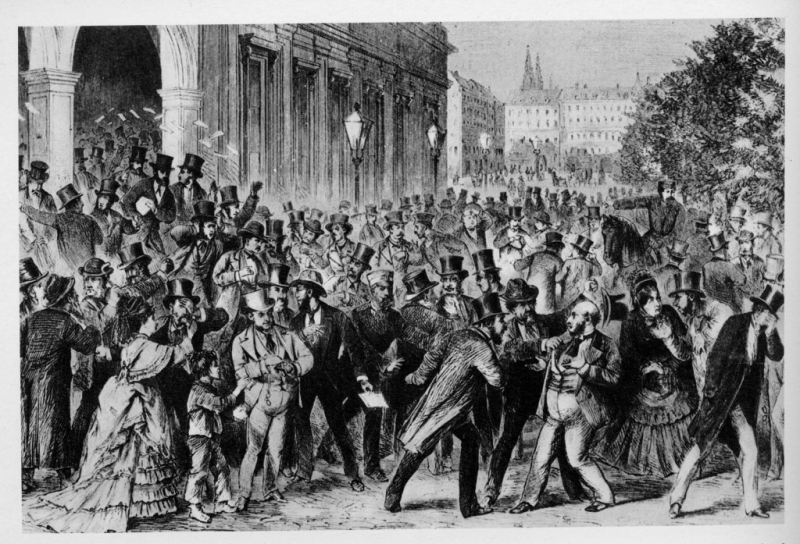
http://ants-and-grasshoppers.blogspot.com -
In 1973, after a CIA-backed coup, democratically elected president Salvador Allende killed himself. General Augusto Pinochet took his post and unleashed a wave of horror that lasted for many years. He carried out a coup d'etat in which an estimated 3,000 people were killed, including 120 individuals who were famously dropped from helicopters. Regarding a specific cultural regression, women from the Association of Families of the Detained-Disappeared played a crucial role in Pinochet's removal from power in 1990 due to his outspoken anti-feminism.
Pinochet had little remorse for biting the American hand that provided for him. He ordered the assassination of former Chilean ambassador Orlando Letelier in Washington, DC, in 1976. Such is the banality of evil that Ambassador Harry Barnes would refer to the dictator who presided over the deaths of so many Chileans and the revocation of rights for so many others as a "Chilean Archie Bunker" and that even as late as 1986 he was openly rejecting advice from the Reagan Administration to implement human rights, saying to General John Galvin he would "set Chile's course without advice without anyone else."
- Date: 11 September 1973
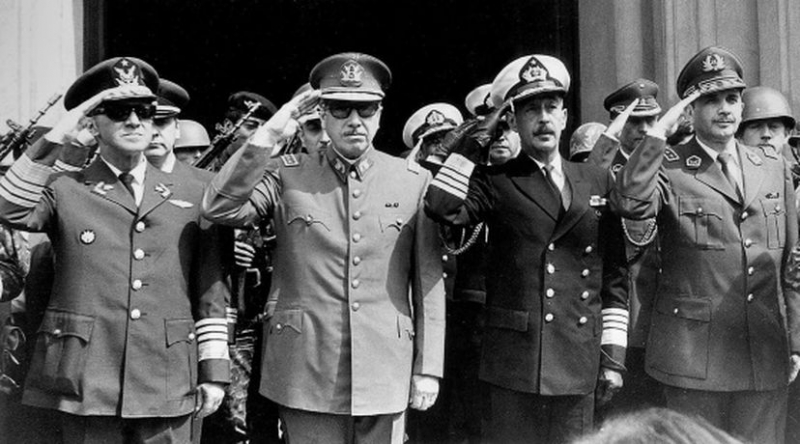
https://english.elpais.com/ 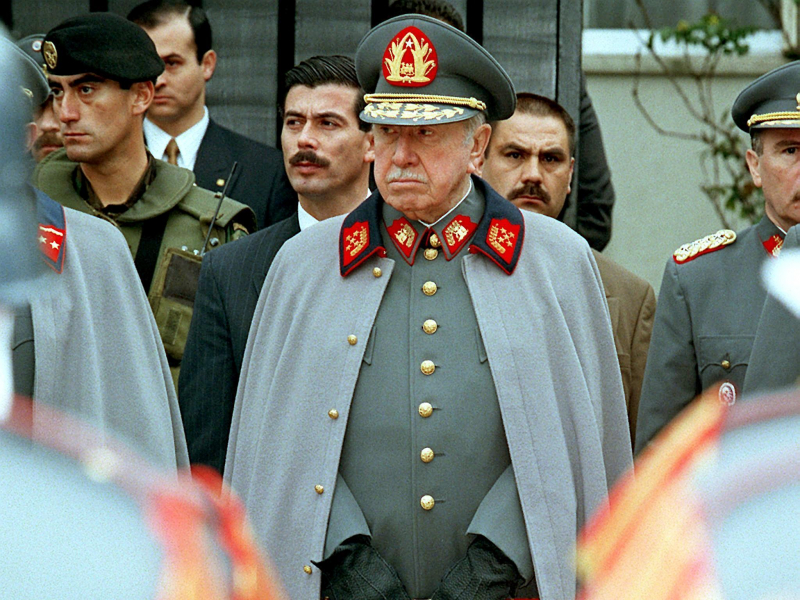
https://www.nprillinois.org -
It is simple to believe that Julius Caesar and Augustus Caesar were the Roman Empire's unqualified gifts because both have seen a degree of personality cult development since their respective reigns. Particularly in reference to Augustus, it has been said that he transformed Rome from a city of bricks to a city of marble. Even those who weren't particularly invested in the idea of a senate, the lower classes in Rome actually had many reasons to bemoan the arrival of Emperor Augustus.
A People's History of Ancient Rome by Michael Parenti claims, among other things, that Augustus enacted death and sales taxes that only affected the lower and working classes. He destroyed the populist assemblies, which had provided some populist representation at a time when even the senate was proving to be too corrupt to handle.
He also outlawed several guilds, as if that weren't already disastrous enough to the working class. Augustus' legal limitations on the number of slaves an owner was permitted to free, out of concern that free labor may become overly powerful in negotiations, put the icing on the cake of the notion that he had any populist inclinations. It is understandable why Augustus' reign was plagued by poverty while reportedly overseeing the construction of marble buildings.
- Time: 58 BCE

https://www.shiftcipher.com/ 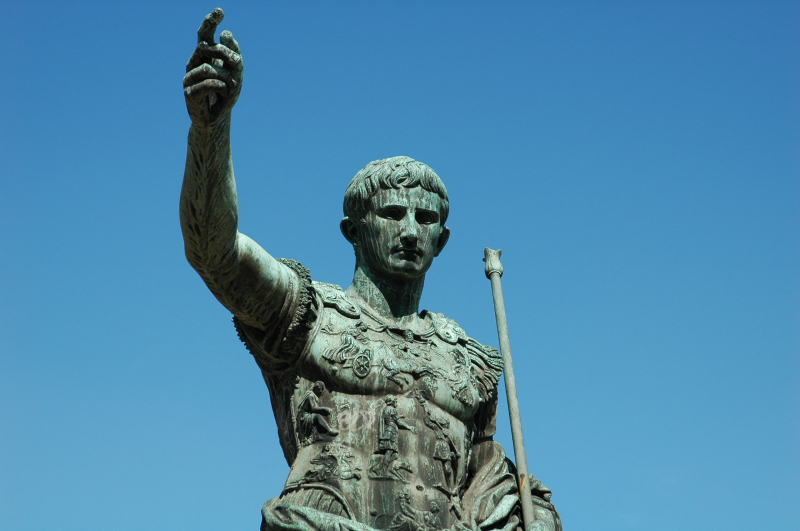
https://neilhennessyvass.com/












